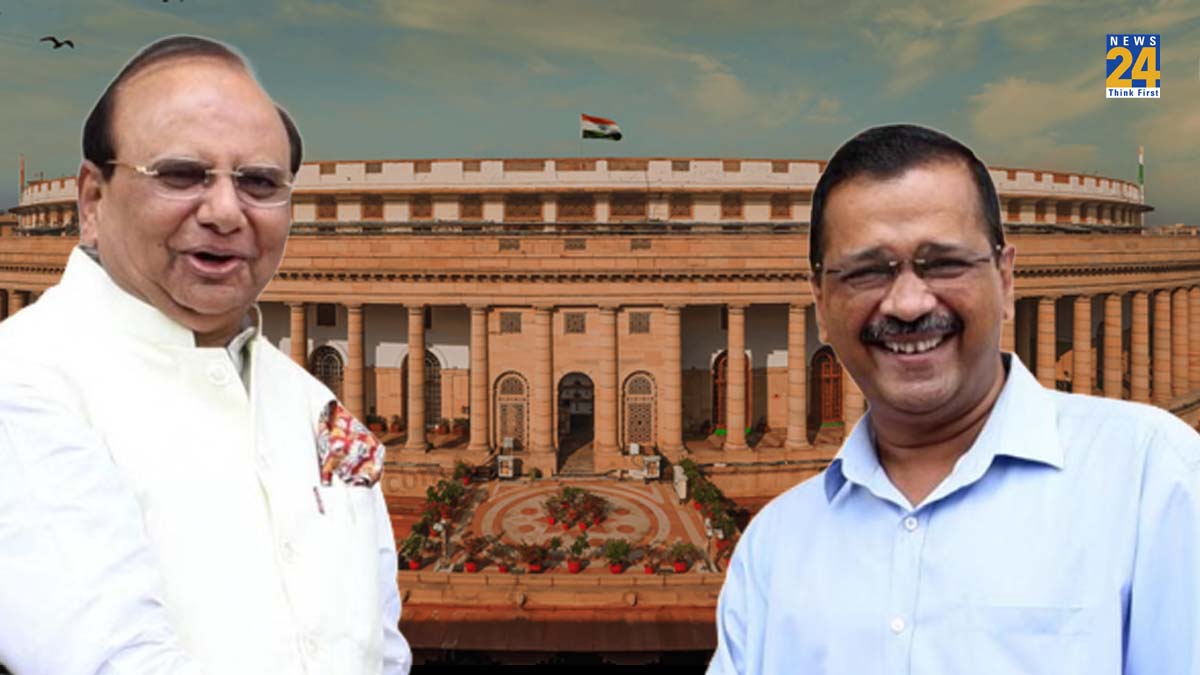New Delhi: The Delhi services bill, granting the Centre control over administrative services and officer transfers in the national capital, is introduced in Parliament on Tuesday by the Union Home Minister Amit Shah.
The bill has been a source of dispute between Arvind Kejriwal’s Aam Aadmi Party (AAP) and Delhi Lieutenant Governor (L-G) VK Saxena. The Centre issued an ordinance on May 19 to override a Supreme Court order, which had granted executive powers to the Delhi government in service matters, including officer transfers and postings.
Read more: Pune gets two new Metro lines, PM Modi flags off services
Here are the 15 key points regarding what the Government of National Capital Territory of Delhi (Amendment) Bill, 2023 contains:
- The bill proposes the establishment of a National Capital Civil Services Authority.
- The authority will recommend transfers and postings of Group A officers (IAS) and officers of Delhi, Andaman and Nicobar Island Civil Services (DANICS) in the Delhi government.
- The Chief Minister of Delhi will be the ex-officio chairman of the authority.
- The authority will also include the Chief Secretary and the Principal Home Secretary of Delhi.
- Decisions within the authority will be made by majority.
- The Lieutenant Governor (L-G) will act on the basis of the authority’s recommendations.
- All recommendations of the authority will be authenticated by the Member-Secretary.
- The L-G can request relevant documents about Group A officers.
- In case of any differences of opinion, the L-G’s decision will be final.
- The authority will advise the L-G on transfers, postings, and vigilance matters.
- Delhi being the national capital, its administration rests with the President.
- The bill aims to balance the interests of the nation and the Union territory of Delhi in the administration of the capital.
- The authority will also determine the procedure for imposing penalties and suspending pending departmental inquiries.
- It will decide the officer or authority to whom appeals or revisions shall lie.
- The L-G will pass appropriate orders after receiving the authority’s recommendations.












